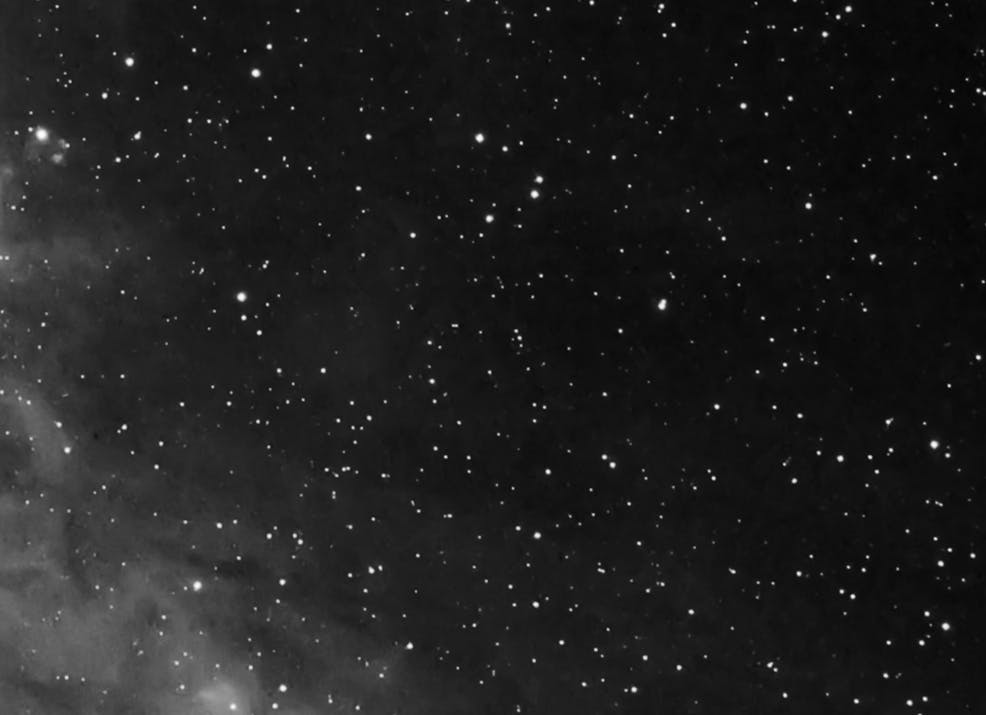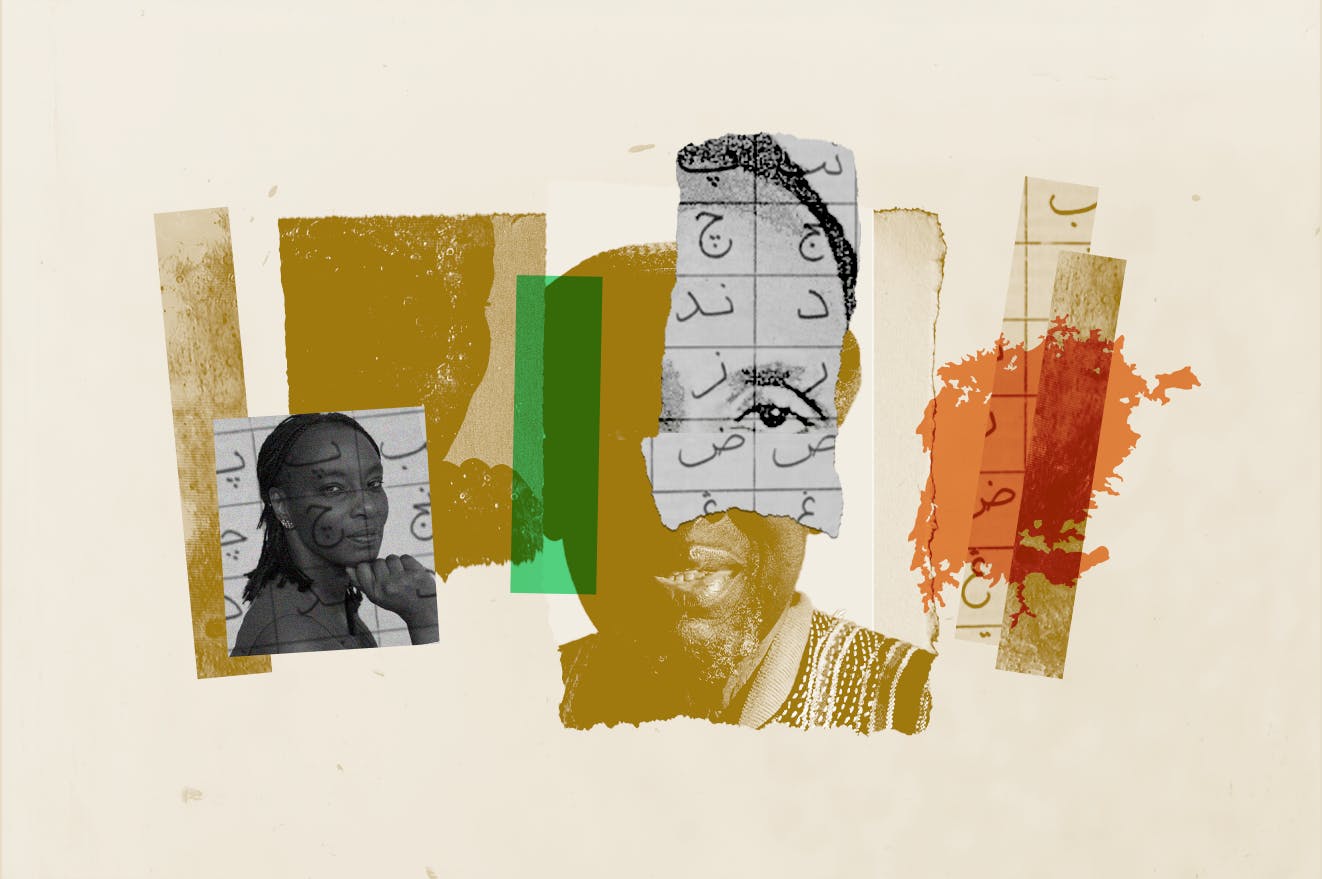Book review: James: A Novel
James, Percival Everett’s 2024 National Book Award-winning reimagining of Mark Twain’s Huckleberry Finn, satirises the changing sameness of American racism, writes Danielle Fuentes Morgan.

Reading James, the 2024 National Book Award-winning novel by prolific American author Percival Everett, I was put in mind of the Narrative of the Life of Frederick Douglass. In his poignant memoir, Douglass—who escaped slavery in Maryland, US, and became a globally renowned abolitionist and statesman—recounts a pivotal moment when he turned the tables on his enslaver. “You have seen how a man was made a slave,” he writes, “you shall see how a slave was made a man.”
This chiasmic moment also summarises the productive tension between The Adventures of Huckleberry Finn, the canonical novel by Mark Twain, and James, Everett’s satirical retelling of Twain’s novel. In the original, the story unfolds from the perspective of the title character, a white teenager named Huck, through whose eyes readers see Jim, a Black man on the run from his enslavers. In the retelling, readers see through the eyes of Jim reborn as James. This simple narrative turn allows Everett to articulate in even more overt terms what Douglass presses home in his memoir: enslaved people always knew they were human beings with deep interiority, even in the face of the dehumanisation of slavery. Beyond affirming this already-known fact, James articulates the changing sameness of American racism and celebrates the creative ways Black Americans have responded to it through appeasement, subversion, and resistance.
James is a beautiful addition to an existing corpus of neo-slave narratives including Toni Morrison’s Beloved, Colson Whitehead’s The Underground Railroad, and Edward P. Jones’s The Known World, that reclaim stories of the enslaved in this way. Yet, Everett accomplishes what sounds impossible. He’s written an adaptation of Huckleberry Finn—a novel that looms so large in the American literary imagination—that stands on its own and does not require audiences to refer to Twain’s original, although some threads and plot points may be enhanced by familiarity.
In fact, there’s an argument to be made that Huckleberry Finn is enhanced by the existence of James. With James as the protagonist, the hypocrisy of society is even more apparent. The novel opens with James narrating, “Those little bastards were hiding out there in the tall grass,” an outright repudiation of the original Jim’s naïve affection for Tom and Huck. James explains his frustration: “They were always playing some kind of pretending game where I was either a villain or prey, but certainly their toy.” Finally, James foreshadows the subversion to come in Everett’s retelling: “It always pays to give white folks what they want, so I stepped into the yard and called out into the night, ‘Who dat dere in da dark lak dat?’” he says, repeating the first words spoken in the original novel, words intended to characterise Jim as simple and oblivious.
The codeswitching and stark tonal shifts between what James thinks and what he says may feel startlingly familiar for Black Americans, Black readers in general, too. In this way, Everett not only satirises a classic novel and the limitations of white-authored nineteenth-century depictions of Black people, but also their effect on American historical memory and the continuing impacts of American racism on Black people in the twenty-first century.
While reading, I found myself wondering why this reimagining James undertakes hadn’t been attempted on a large scale before. Upon completion, the answer that emerged was that it is difficult to imagine another author who is so well-practised and adept in satirising satire itself. Fans of Everett will be delighted that the thematic and tonal expectations set from reading his earlier works in his robust and challenging oeuvre are met in this novel as well. Everett blurs the line between homage and condemnation, the classic and the contemporary, the hilarious and the horrifying, the real and the imagined. As is the case with all of Everett’s protagonists, the narration is calculated, evocative, and precise. Here, the juxtaposition of the feigned ignorance of his Jim persona intentionally belies an internal monologue peppered with references to philosophers and disapprobation of the racist status quo. What results is a deeply satisfying and provoking read.
Interestingly, while Huckleberry Finn has been frequently banned or removed from reading lists for its sticky use of the n-word throughout, reading it alongside James might offer a new entry point, a way to re-include and challenge the original. Will James ultimately be taught alongside Huckleberry Finn? It is a hilarious irony only Everett himself could create.




